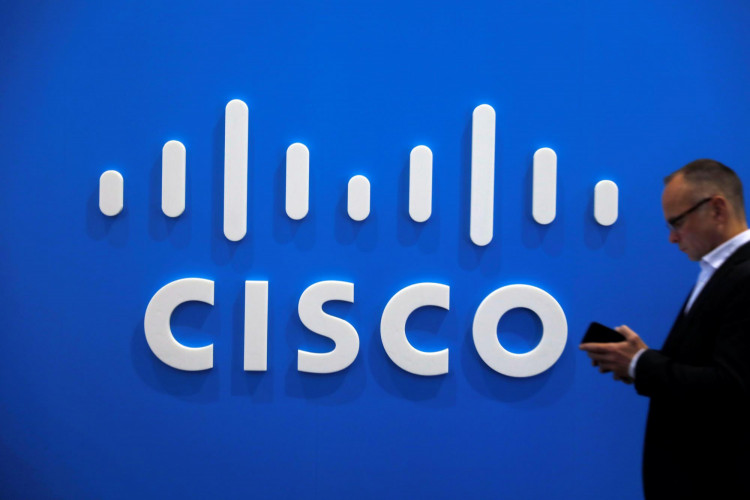Cisco Systems was ordered to pay nearly $2 billion after losing in a case against cybersecurity startup Centripetal Networks that claimed Cisco copied its cybersecurity patents.
In a ruling made Monday by District Judge Henry Morgan in Norfolk, Cisco violated four patents owned by the Virginia-based Centripetal Networks. The San Jose, California-headquartered Cisco said it would appeal.
The judge wrote in the decision that Cisco Systems failed to "advance any objectively reasonable defenses" during the hearing. The infringing functionality, Morgan said, was included in their accused products after June 20, 2017, "and resulted in a dramatic rise in sales which Cisco touted in both technical and marketing documents," Benzinga quoted a portion of the ruling.
In a statement, a Cisco representative said it looked forward to the Federal Circuit's evaluation on its appeal, emphasizing that they are dismayed with the court's ruling considering the "substantial evidence of non-infringement, invalidity and that Cisco's innovations predate the patents by many years," CRN reported.
Centripetal Networks said it created a network protection system, which was supported in part through a funding from the Department of Homeland Security, only to find out that Cisco used the system into its own products within a year of having presented to the group, Bloomberg reported.
The compensation includes a reward valued at $1.9 billion, consisting of $756 million in damages sustained by Centripetal. The reward and actual damages payout is then multiplied by 2.5 as a penalty for Cisco's "willful and egregious" practice. Cisco was also ordered to pay Centripetal a 10-percent royalty on some of its products in the next five years.
Cisco has reported a yearly profit of $11 billion for the fiscal year, with a cash balance of $29 billion in August. The company's shares retreated 20% year-to-date despite the tech benchmark advancing over 20%.
Centripetal Networks chief operating officer Jonathan Rogers said they are "thrilled" with the ruling. "It has been a long time coming and was very hard fought," Bloomberg quoted him as saying during an interview.






